No religion is a true religion that does not make men tingle to their finger tips with a sense of infinite hazard
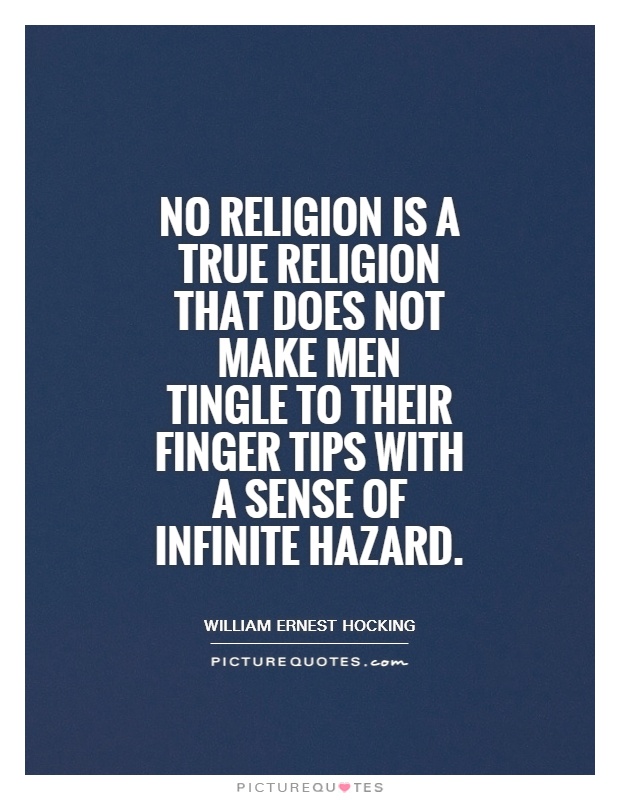
No religion is a true religion that does not make men tingle to their finger tips with a sense of infinite hazard
William Ernest Hocking, an American philosopher and theologian, believed that true religion should evoke a sense of infinite hazard in individuals. He argued that religion should not be a mere set of beliefs or rituals, but rather a transformative experience that challenges individuals to confront the unknown and embrace the uncertainties of life.Hocking believed that true religion should push individuals out of their comfort zones and force them to grapple with the mysteries of existence. He saw religion as a powerful force that could inspire individuals to transcend their limitations and reach for something greater than themselves. In his view, religion should not provide easy answers or false assurances, but should instead provoke individuals to question their assumptions and confront the complexities of the world.
For Hocking, the sense of infinite hazard was essential to the religious experience because it reminded individuals of their own mortality and vulnerability. By confronting the unknown and embracing the uncertainties of life, individuals could develop a deeper sense of humility and awe in the face of the divine. This sense of infinite hazard could also inspire individuals to act with courage and conviction, even in the face of overwhelming odds.
Hocking's ideas about religion and the sense of infinite hazard have profound implications for how we understand and practice religion today. In a world that is increasingly characterized by uncertainty and change, Hocking's emphasis on the transformative power of religion can help individuals find meaning and purpose in their lives. By embracing the sense of infinite hazard, individuals can cultivate a deeper sense of connection to the divine and a greater appreciation for the mysteries of existence.
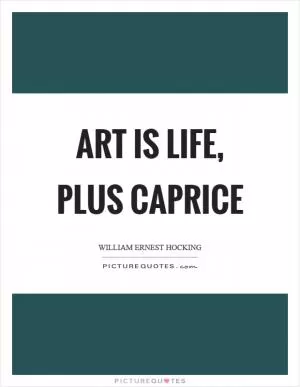
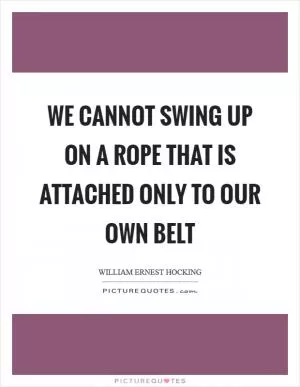
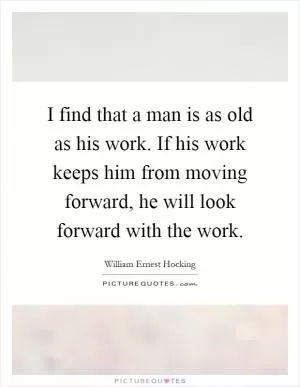
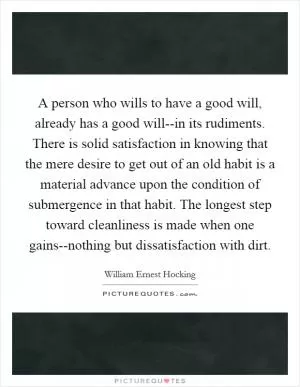

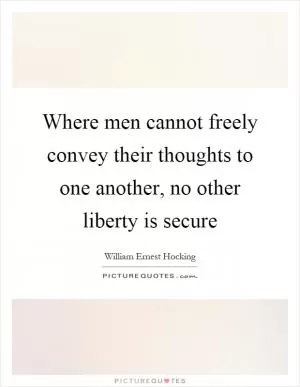
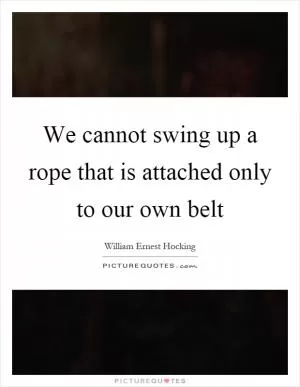
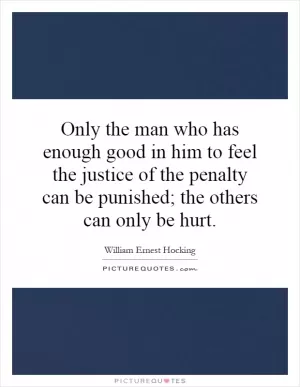
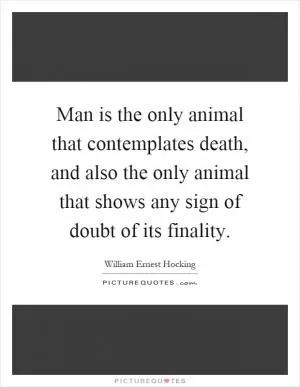
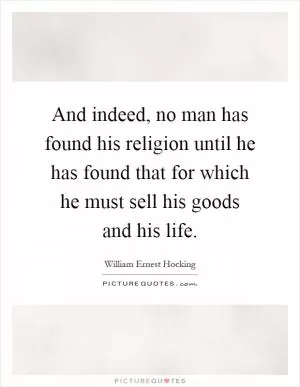
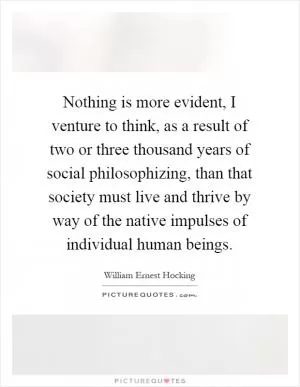
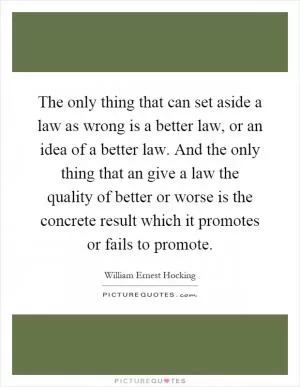
 Friendship Quotes
Friendship Quotes Love Quotes
Love Quotes Life Quotes
Life Quotes Funny Quotes
Funny Quotes Motivational Quotes
Motivational Quotes Inspirational Quotes
Inspirational Quotes